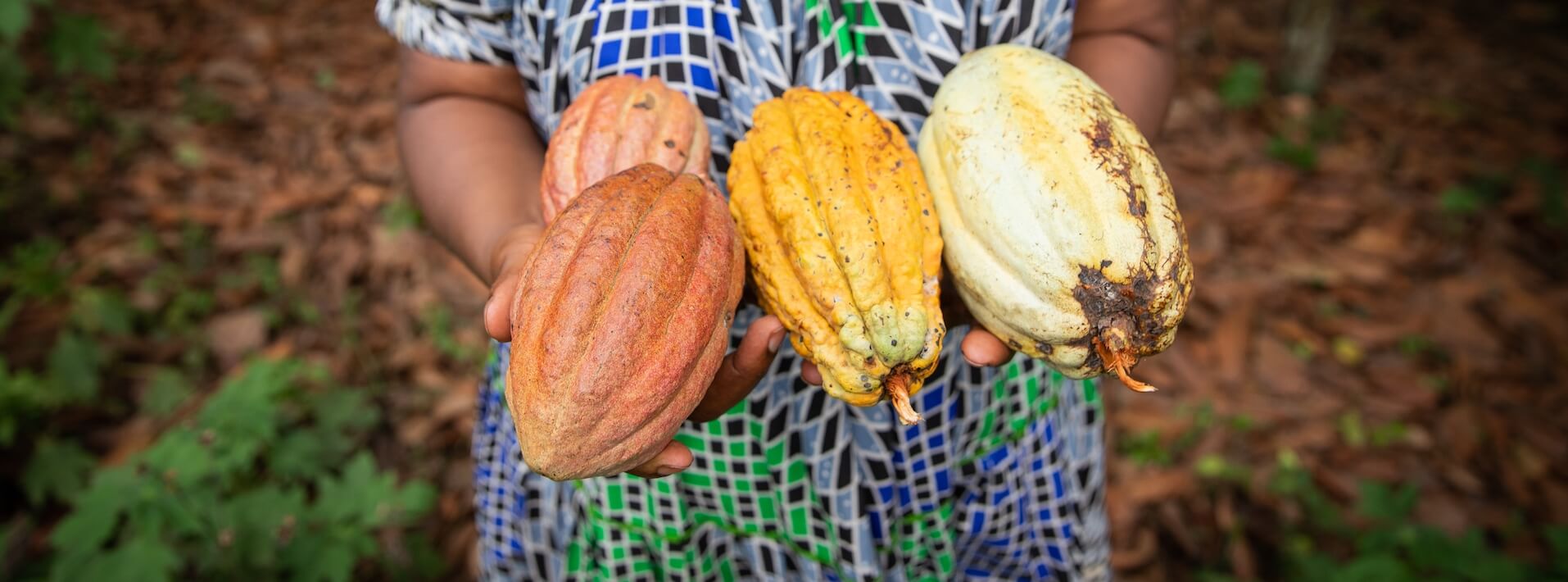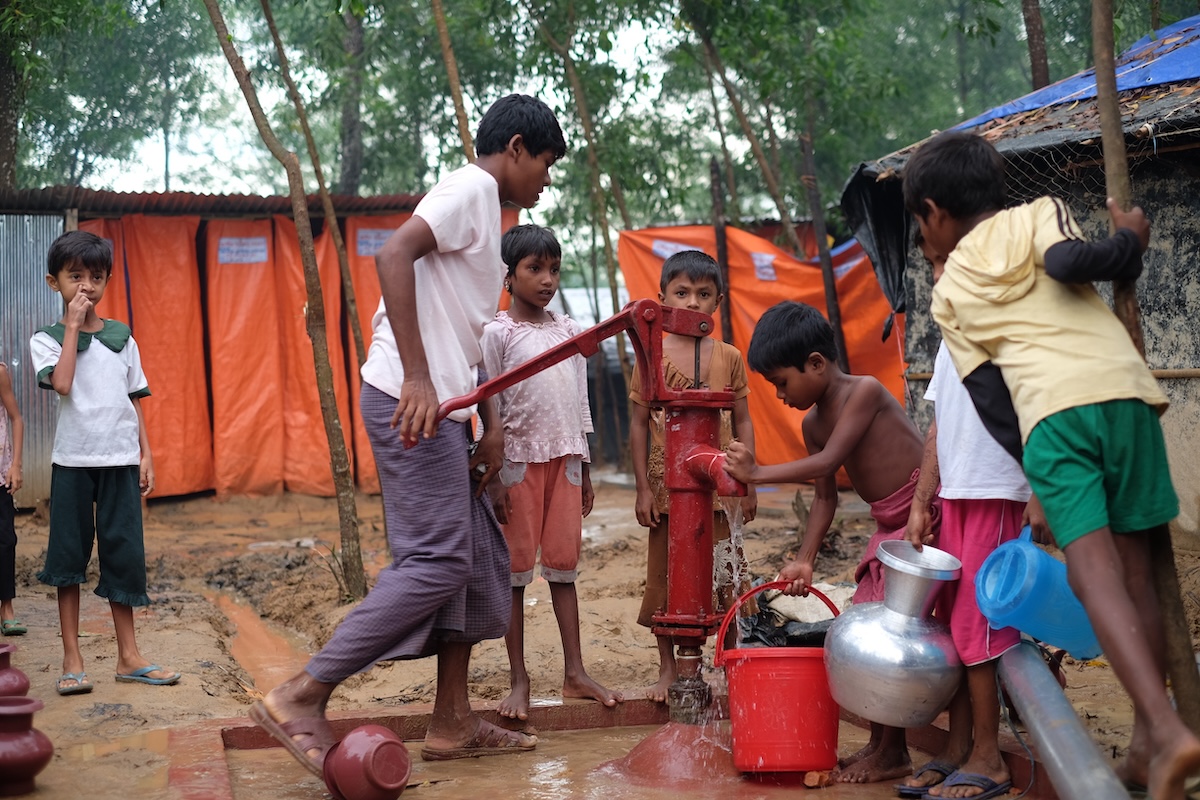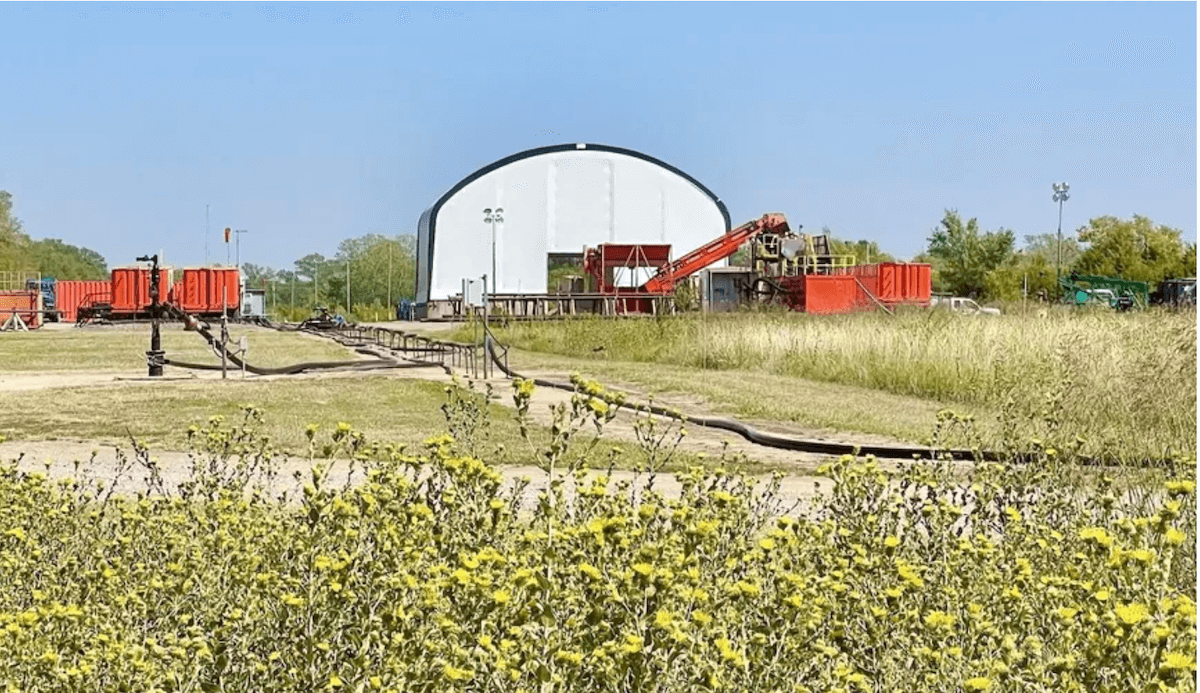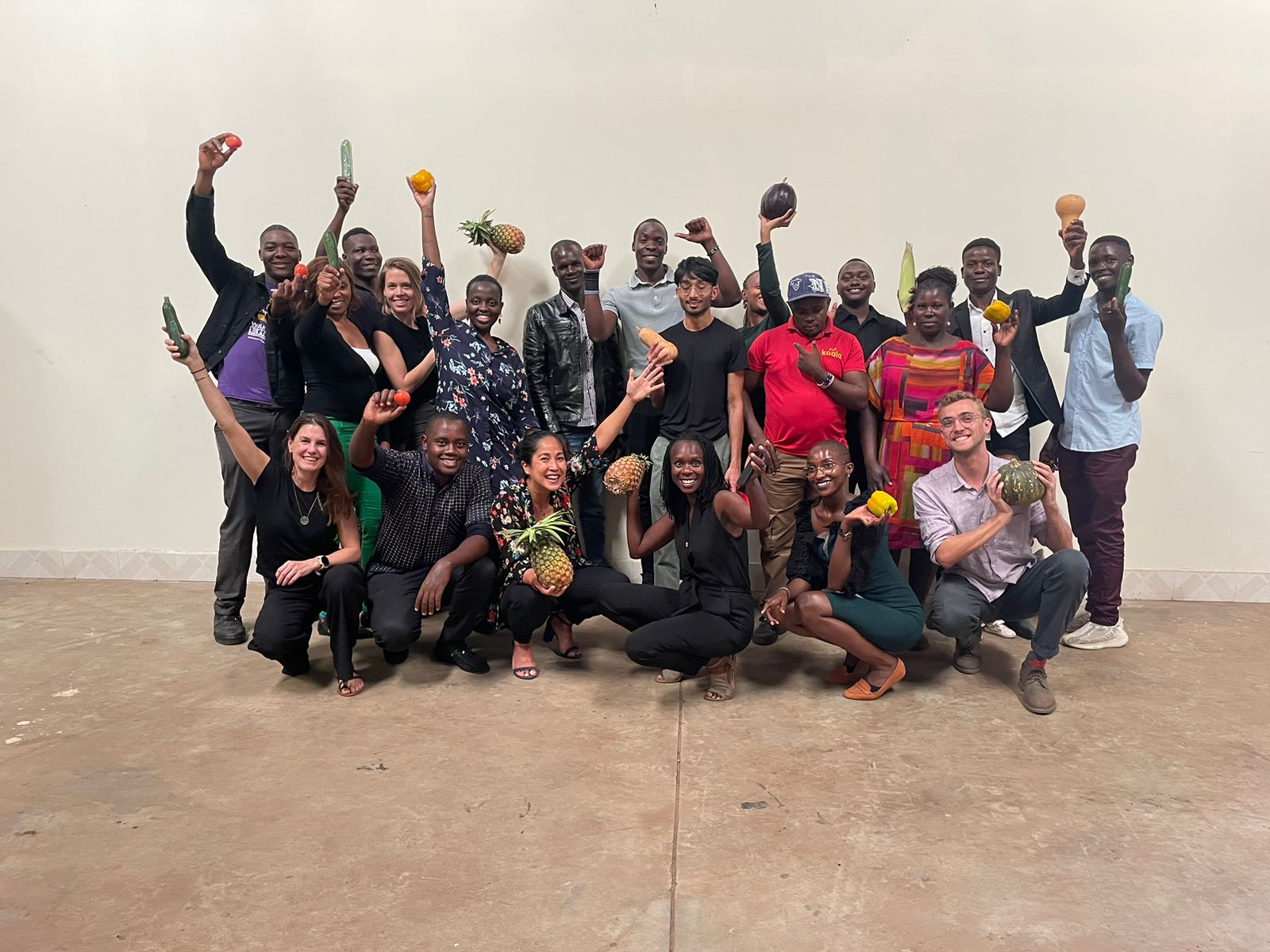Staple crops like corn, wheat and plantains are being impacted by climate change. So is the coffee we drink; farmers are being forced to look to alternative coffee plant varieties, ones that are more resistant to heat, drought and disease.
To improve the climate resilience of farmers who grow our food, on-farm adaptation practices are important. But they are just one part of resilience. Farmers can’t become truly climate resilient if they don’t have dependable, livable incomes. This is especially true for the world’s 570 million smallholder farmers, who produce a third of the world’s food yet typically live at or below the poverty line.
Smallholder farmers need to invest in adopting climate resilient farming practices and technologies, but they can’t shoulder the financial burden or risk without the assurance of new income streams and increased profits. What’s needed: a systems approach that centers the farmers’ needs and incorporates inputs, services, training, and access to markets.
Quick-fix fallacy
Billions of dollars have been invested in “quick fix” market-based solutions focused on single agricultural inputs, like drought-tolerant seeds or improved fertilizers, often with the intention of improving climate resilience. For investors and agribusinesses in emerging markets, the urge to identify a product, input or tech platform that can be a single solution for climate-resilient farming is alluring.
In our experience, however, it is not a successful approach.
Seven of the companies Acumen invested in between 2004 to 2012 focused on single input, climate-responsive seed, irrigation and extension products. All resulted in write-downs or complete write-offs. Why? While many showed demonstrable improvements, yield increases did not translate to income increases for their end users. Farmers did not earn enough additional income to pay for the product or adopt it long-term.
Investing in income generation
Lizard Earth, in contrast, understands the link between climate adaptation and income.
In Sierra Leone, where Lizard Earth is based, a small cocoa farmer in Sierra Leone will cultivate, plant, prune, water, fertilize, and harvest their cocoa trees, and expect to earn no more than $200 in a given year. Aging trees, inefficient agroforestry practices and broken value chains have rendered Sierra Leone’s cocoa sector underdeveloped since the end of the country’s civil war, despite ideal growing conditions.
Lizard Earth runs a cocoa aggregation and processing business in the region of Kailahun. The company helps farmers grow more climate-resilient cocoa by providing agricultural training and access to tree nurseries. It then buys the cocoa from the farmers at a premium price.
Impacts have been extraordinary, with 98% of farmers – most of whom live below the poverty line – reporting a minimum income increase of 30%. Virtually all (99%) reported that their quality of life has improved. One said, “For the past month now, my house has never lacked food as opposed to before.”
Kheyti in India is another example. The country’s 100 million smallholder farmers face increasingly intense heatwaves and drought. Nearly 40% of India’s farmland is now at risk of drought, which could lower farmer incomes by as much as a quarter.
Kheyti‘s low-cost, high-impact “greenhouse-in-a-box” is helping smallholder farmers combat changing climate conditions. The greenhouses lower temperatures by five degrees Celsius, cost 80% less than conventional greenhouses, and require 90% less water – all of which increase farmers’ ability to absorb shocks.
Recognizing that the tool is only one part of the equation, Kheyti’s greenhouses are bundled with a product and service package that includes input linkages and farmer training on climate resilient practices. This systems-based approach has enabled Kheyti’s farmers to grow 7x more food and increase their incomes by a median of 90%. Kheyti is therefore working to solve both climate variability and income variability.
We see great opportunity to build out the evidence base on the causal relationship between increased farmer incomes and climate resilient activities. Vulnerability to climate change is greater for people in poverty: the future impacts of climate change could push 132 million more people into extreme poverty by 2030. People who rely on climate-sensitive livelihoods, like smallholder farmers dependent on rain for water, are even more vulnerable. That’s why climate investors must focus their attention on end-to-end support for smallholder farmers. The cost of climate change is simply too great without this kind of investment.
Chris Wayne is the associate director of Acumen’s Investing in Agriculture team.











